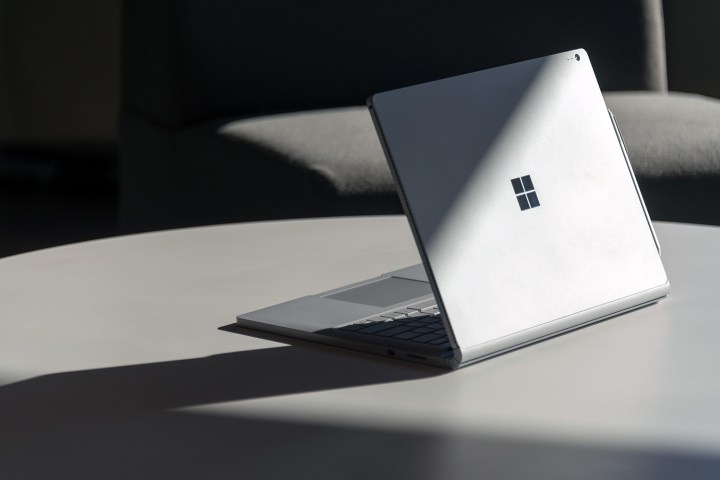
In August, Consumer Reports retracted its “recommended” rating of Microsoft’s Surface line following a broad user survey, according to a report from ZDNet. The publication found that 25 percent of the company’s laptops and tablets would present users with problems within the first two years of ownership.
Now, Surface line general manager Ryan Gavin has fired back, stressing that Microsoft has gone to great lengths in order to improve the reliability of its hardware generation over generation. He rejects the figure of 25 percent, claiming that internal tests find that incidents per device occur at a rate of just 0.001 percent.
Gavin finds fault with the way that Consumer Reports conducted its survey. Even if a device just behaved unexpectedly once over the course of the two-year period, it would be counted among the 25 percent of units that were problematic, given the way that the question to respondents was worded.
The fact that all generations of Surface hardware were included in this survey is also a factor. Gavin argues that more recent iterations of the various devices that make up the line have proven to be much more reliable than earlier models.
“What we hear from our customers, however, and from the telemetry data that our customers want to share with us, is that Surface devices have never been more reliable and with every generation we release they get increasingly so,” Gavin told ZDNet.
It’s easy to see why Microsoft has seen fit to respond to these criticisms of the Surface line. The devices have given the company a foothold in the hardware market, something that has proved to be very difficult in the past. It would be difficult to maintain that popularity if the range gets a reputation for being unreliable after a relatively short period of time, so downplaying these reports is a sensible strategy.
Editors' Recommendations
- Surface Pro 10: all the major changes rumored for the new model
- Microsoft’s next event could reveal the Surface Pro we’ve been waiting for
- Microsoft may fix the most frustrating thing about Windows updates
- Microsoft accessories are back from the dead
- How to remove a Microsoft account from Windows 11


